Get posts by email
Holding space for tension
April 11, 2018
This is the second post in the six-part series, I Can't Get No Satisfaction.
We returned from our two-day ski trip in the woods and Monday morning it was life as usual. A long day of homeschool co-op, work, studies, and community engagement.
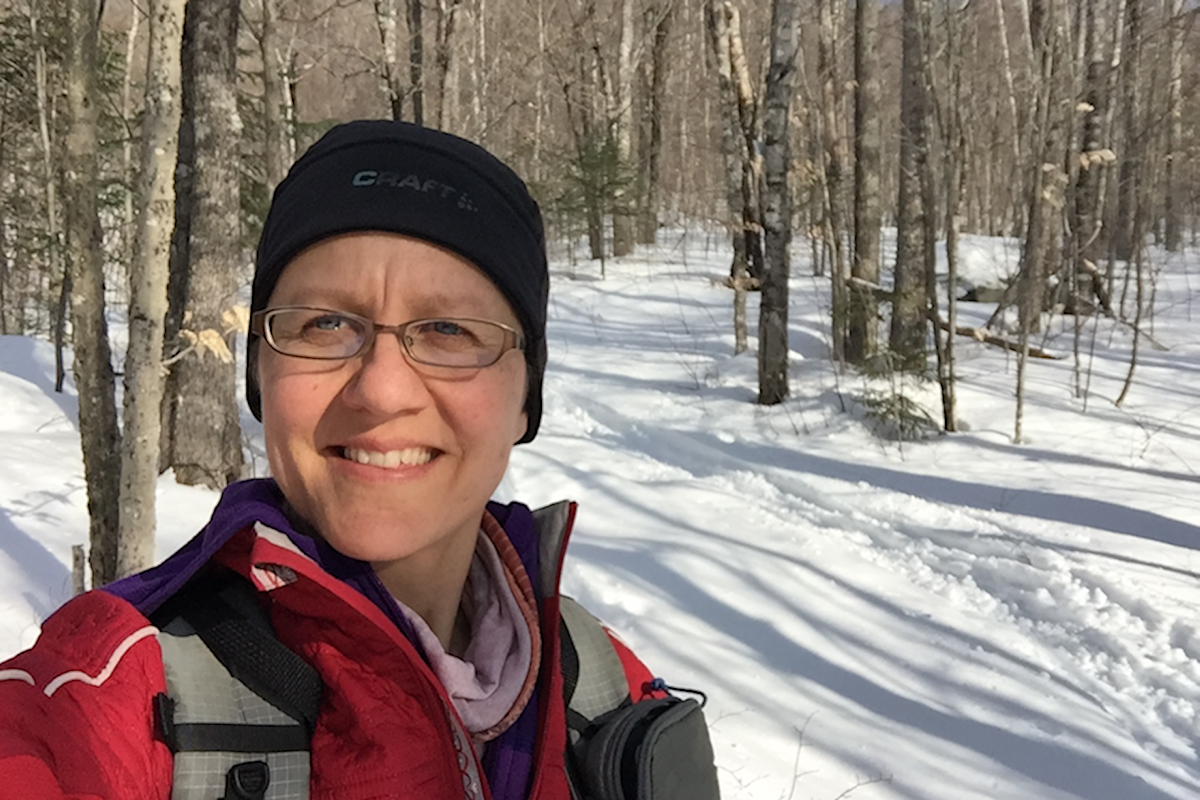
It was grocery shopping week, a bi-weekly endeavor for our family in which I enlist Brienne's willing help so I can navigate the aisles of Costco with not one, but two full carts.
There were doctor's appointments, work deadlines, art classes. Traffic, parking, and transit. The skies were mostly grey, the weather rainy with (unwelcome) unseasonably warm temperatures. The conditions were not conducive to our weekly scheduled downhill ski day. Turns out that was a blessing since I didn't have the energy to go anyway.
It was a week of life in the city. A grey, melting, icy, slushy city. After our relaxing and invigorating ski weekend in Maine, my emotions and overall energy were the lowest they'd been since the beginning of January.
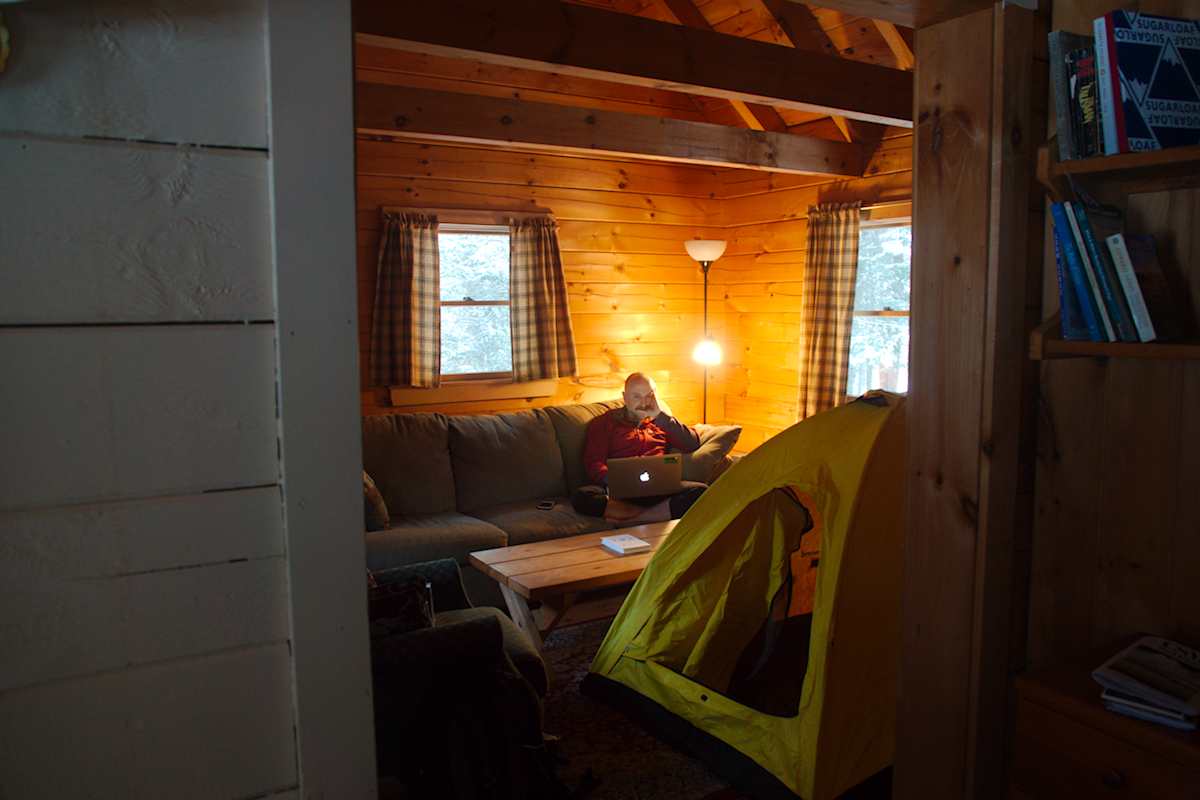
setting up our new winter tent
I went through my days looking for the joy, finding it in quotidian activities and relationships - the gift of a daughter who likes to help me grocery shop (what a huge blessing), the gift of afternoon cat naps, tax-funded doctor appointments, and gathering our family together around the Olympics every evening. So much to be grateful for.
I also went through my days feeling like the real me was still in Maine. The me who lives to ski in winter. The me who climbs hills on skis and thrills at a snow-covered trail. The me that is excited about our new winter tent and eager to plan backcountry ski adventures for next winter.
The me who, for a life season, lived in the woods, the me who has hiked the Appalachian Trail, the me who is at-home in a tent, the me who experiences the Divine most profoundly in nature, not in a city church, the me who still dreams of the cabin in the woods I will one day call home.
The outdoors, adventurous, nature-loving me who lives in the same body as the homemaking, homebody, needs-to-be-rooted-to-a-place me.
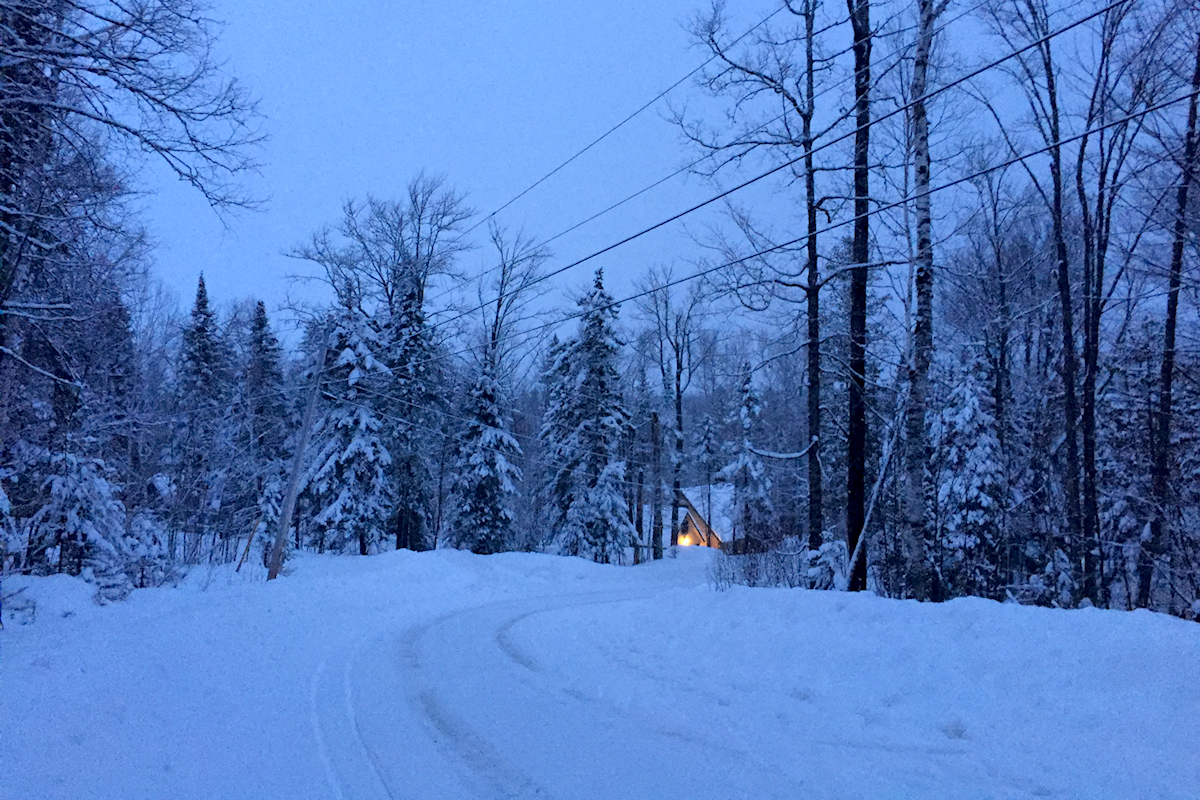
Theoretically, these could find expression in one physical place, but finding that "place" has proven elusive for our family.
City living, quite a bit removed from nature, and low on the outdoor adventure scale, is part of our family story for this season.
In many ways, the city feels like a true "expression" of us; a thriving arts culture, a hub for media and tech, the dynamic range of ethnicity with a diverse expression of values. These things fit our family.
And yet, if you were to ask our 17 year old son what he feels is missing in his life, he won't skip a beat before replying, "nature". It's also the thing he appreciates most about his childhood. His memories of being in the woods, being outdoors, hiking, even just being in our backyard playing - those are most salient to him. I know because I've asked.
This is a tension that I suspect a lot of nature-loving city dwellers must feel.
Regardless of where we live and what our unique values and interests are, our lives are full of tensions we must bear and somehow navigate.
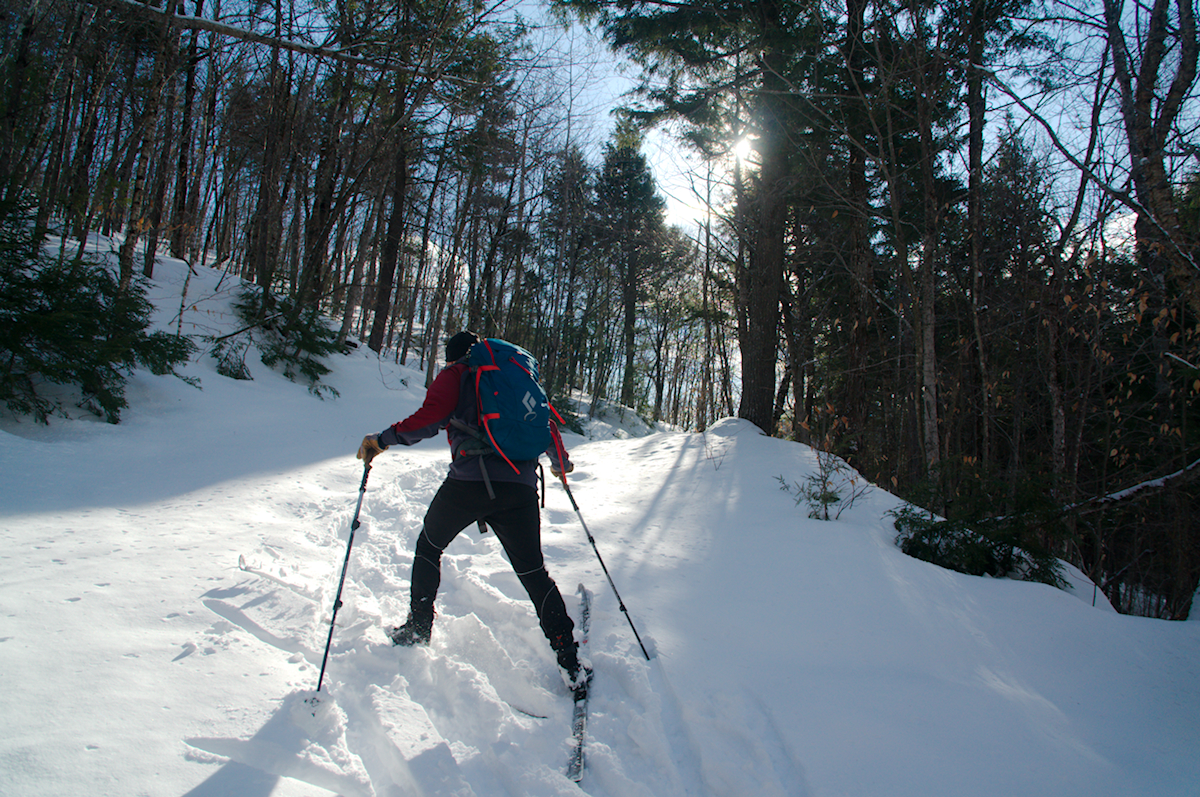
The push and pull are both intrapersonal and interpersonal (within ourselves and between ourselves and others), as we continually strive to find the most authentic way to live - true to our values and true to our inner self - that is possible within our means, within our relationships, within our context.
I feel this tension - like the taut rope in an evenly matched game of tug-of-war - in almost every area of my life.
I feel it in my faith, in my desire to be held in the tradition I am most familiar with, to be truly known and accepted within that community and yet my need to explore new territory, push the boundary, move into the margins.
I feel it in raising my kids, their needs always held in tension with own needs and the give and take in determining where I surrender my own agenda and where I hold fast.
I feel it in my marriage, in the way Damien and I approach so many things from a completely different perspective, on the same team but having different core needs. And having recognized this in our marriage, learning how to build a life that meets these needs.
I feel it in where I live. Our city location providing the best we can do for our family, collectively, at this life stage, while feeling the undertow of mountains, the outdoors, adventure, and natural beauty.
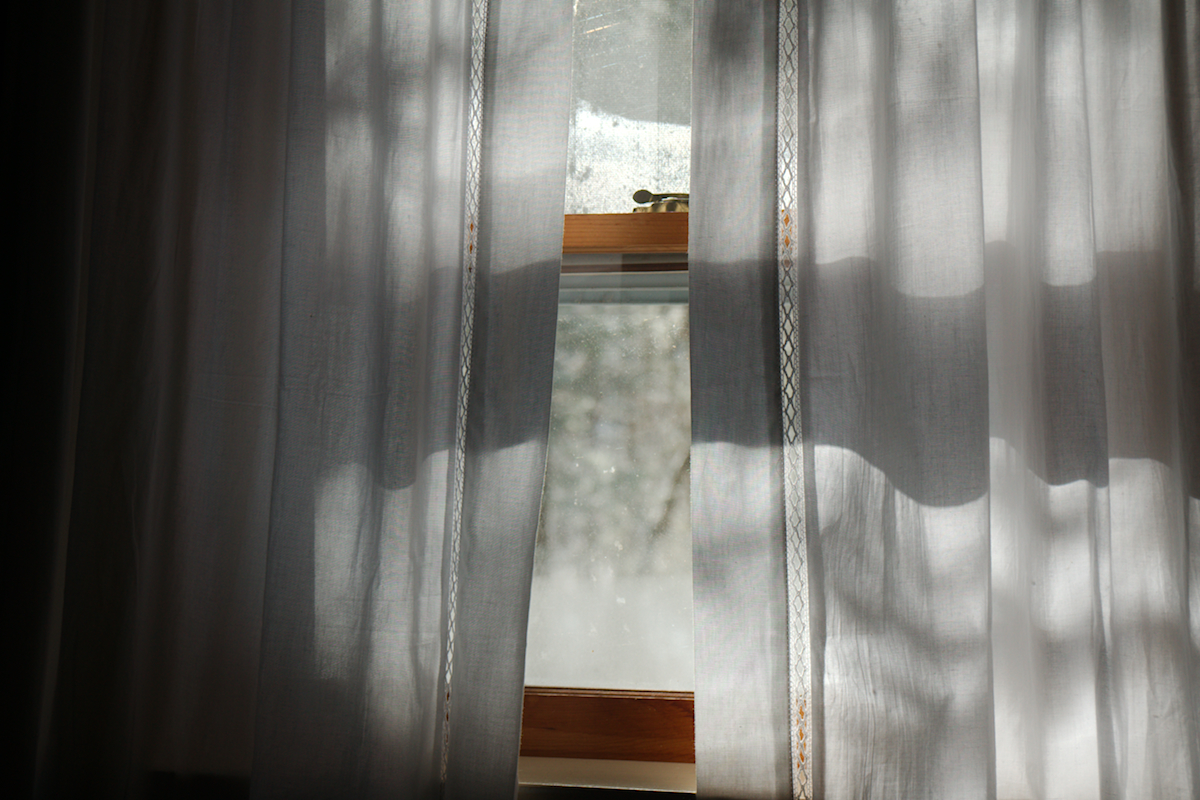
One of the big takeaways of my early mid-life crisis was facing the stark reality that I didn't know very well how to hold space for tension in my life.
(I have a folder full of draft posts on dealing with tension and emotional resiliency that haven't made it through the publishing workflow. I'm guessing some of the ideas in those drafts are dribbling out in this series.)
For years I tried to organize, manage, erect boundaries, make the best choice, follow the right authority, etc. as a means to avoid tension.
By tension, I don't mean conflict between people. That's one kind of definition but it's not what I'm talking about in this post.
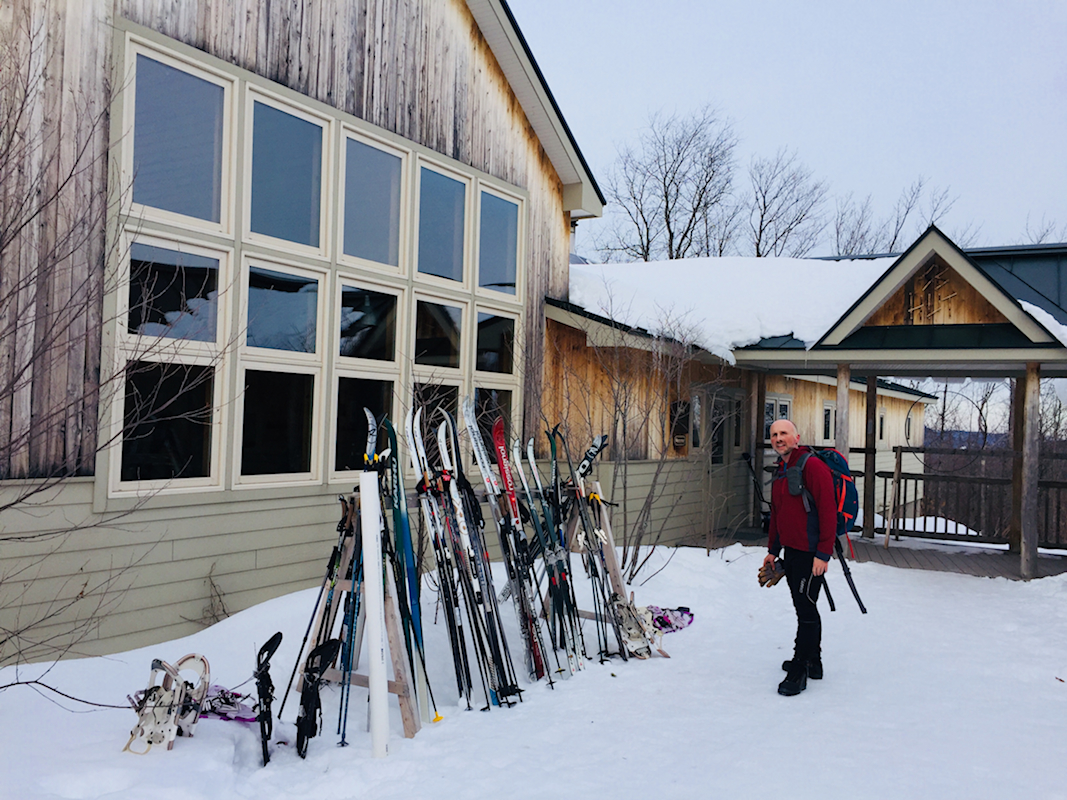
The tension I'm referring to is the inner state of emotional, spiritual or psychological discomfort that arises from the inherent contradiction, complexity, nuance, and ambiguity of living.
Until we come to terms with holding space for this tension we employ various means to "make it go away".
Depending on who you are and how you're wired (personally I think the Enneagram gives great insight into this), you'll use different "tools" and strategies to wiggle your way out of tension. Some are downright destructive, like an alcohol addiction, others are less obviously destructive but can still be the cause of a lot of dysfunction within a person and between people.
Tension is uncomfortable, sometimes downright painful. We think the tension, or the difficulty that causes the tension, is the dysfunction. Maybe in some cases that's true, but I think it's how we deal with the tension that brings about either dysfunction or deeper growth.
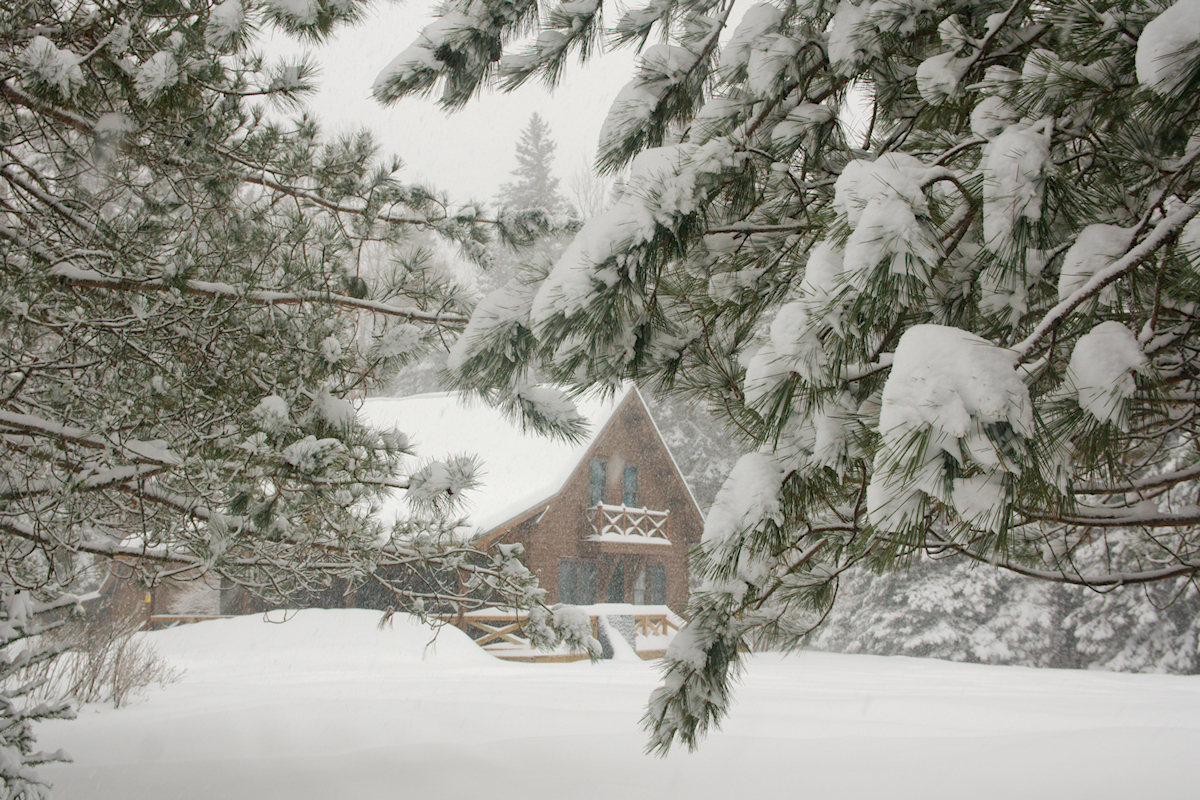
You can't escape the inherent contradiction, complexity, nuance, and ambiguity of living any more than you can cut out your beating heart and stay alive. You have to learn to live in it, live with it. Explore its boundaries.
Because, inevitably anything we do to protect ourselves from engaging in the tension, being present to that discomfort and pain, will both cut us off from the full experience of living and cause more pain in the end.
This has been a hard lesson to learn. It took a period of intense physical discomfort and a physical breaking while hiking the Appalachian Trail, and a spiritual/emotional breakdown to see this in my own life.
Filed Under
You can subscribe to comments on this article using this form.
If you have already commented on this article, you do not need to do this, as you were automatically subscribed.

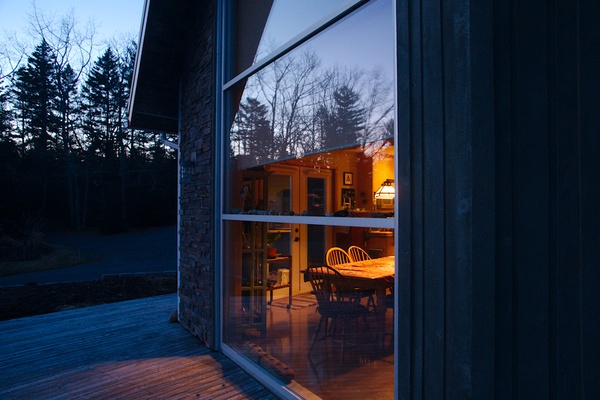
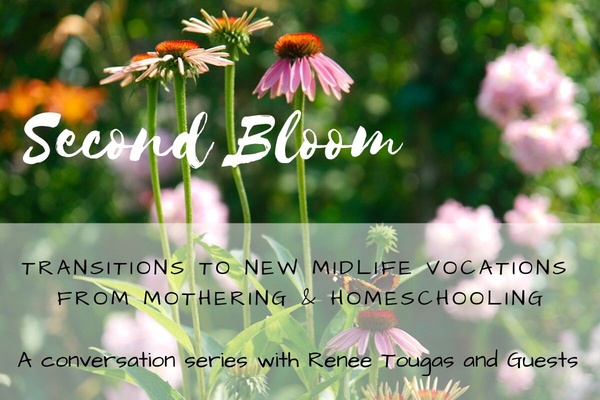
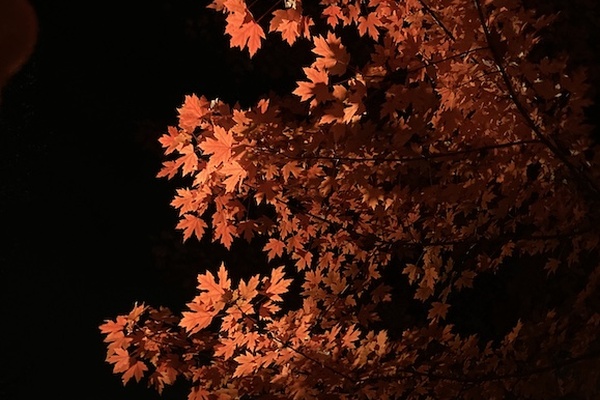
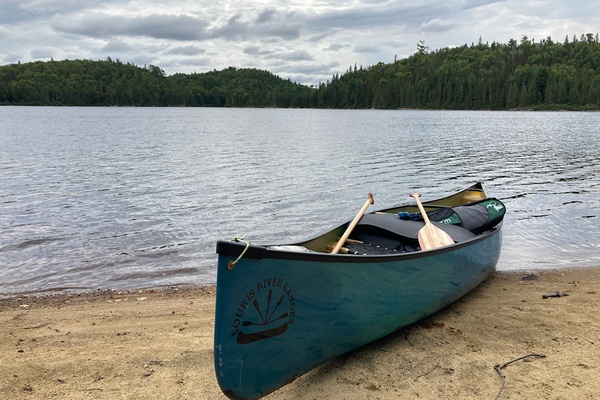
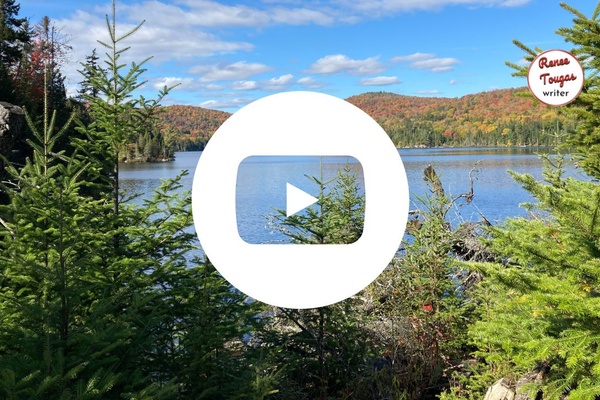

Jen P on April 12, 2018, 6:15 p.m.
I've never given much thought to this tension, but of course it is there. As a 9, my tendency is to ignore conflict and pretend nothing bothers me. Looking forward to reading the rest of this series. I'll be thinking about tension in my life for the next few weeks I'm sure.
Renee on April 12, 2018, 7:56 p.m.
Hi Jen P, I'm so glad you shared your Enneagram number. I can totally see that as a 9 you're all about avoiding the tension (not acknowledging it) for different reasons than myself as a 6. I think the inherent tension in life (I call it tension, one could call it discomfort) can manifest in anxiety for me, when I don't acknowledge it and learn to accept/make space for it. I'll experience anxiety and then I have to unravel the experience to look for the root of that and often the root of an anxious response or episode will be because of not knowing how to "discharge" or accept/make peace with the inherent contradictions, complications, nuance, ambiguity of life. Those things can trigger anxiety for me. And yet they can't be resolved, what causes the tension is the very un-resolvable nature of them! And so I have to make peace with those discomforts, like saying "hi, I recognize you're here, you make me uncomfortable, that's ok" And then relying on a bunch of spiritual/contemplative practices to help me with that.
Ok, so that was a long comment. I just love geeking out about personality types. Celine is a 9 and knowing this about her has been SO helpful in mothering, mentoring, and loving her well.